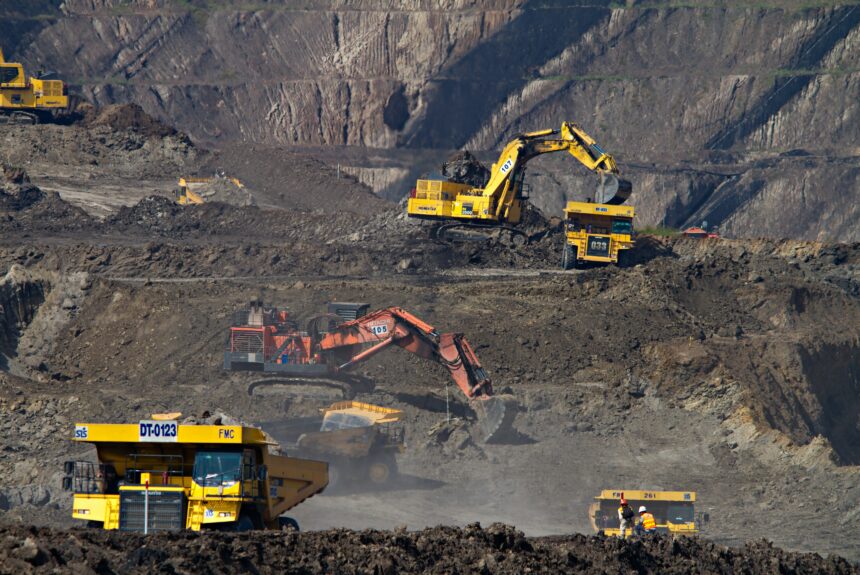Human innovation is something to be marveled at. 143 years ago, Thomas Edison created the first light bulb. Today nearly everyone has a supercomputer in their pocket (with a built-in flashlight). Many societal advancements have been made by innovators’ ability to harness the value of rare earth minerals, which power everything from cell phones and washers to electric vehicles and solar panels.
While these rare earths have certainly made our lives easier, they have increased our reliance on China, who controls the majority of production. China provides over 85% of the rare earth oxides and 90% of rare earth metals to the U.S. and rest of the world.
>>>READ: Regulations Can’t Solve Climate Change
A lack of supply is not the issue for America. In fact, there are an estimated 1.8 million metric tons of rare earth reserves within the United States. America has the capability to mine the reserves inside its borders but lacks the infrastructure that is needed to separate rare earths into usable forms. Luckily there is a serious appetite within the mining industry to improve and produce new facilities on American soil. From professionals with the knowledge to put separation and processing plants where they are needed, to experienced companies that are eager to invest in new operations and opportunities.
Recent political developments and signals from the Biden administration, however, have negatively affected the mining industry. The most impactful change from the current administration undoes former President Trump’s reforms to the National Environmental Policy Act (NEPA). NEPA requires infrastructure and energy projects to undergo an environmental assessment and environmental impact study (EIS) in order for the project to be completed.
In 2020, Trump’s Council on Environmental Quality (CEQ) announced its final rule modernizing NEPA regulations to streamline the development of infrastructure projects and promote better decision-making by the federal government.
New revisions under President Biden reversed the Trump administration’s changes and require federal agencies to take a hard look at the impact of all major infrastructure projects. The restored language calls for cumulative, direct and indirect effects to be considered during each NEPA process, which experts say will “dramatically” slow the permitting process for energy infrastructure.
Reinstating these regulations will increase our reliance on China and make it harder for President Biden to reach his own climate and energy goals. A single industrial wind turbine, for example, requires roughly one ton of neodymium, praseodymium, dysprosium, and terbium as well as three metric tons of copper. Even more copper will be required to build the thousands of miles of new transmission lines that are needed to deliver clean energy to the grid.
To shore up our domestic supply of rare earth minerals, President Biden recently implemented the Defense Production Act. However, there has been no sign of reforming the permitting process. To see real results, the administration must have the same urgency to make the permitting process as efficient as possible to increase production.
>>>READ: Clean Energy Projects Frustrated by Red Tape
Public-private partnerships can also go a long way in shoring up our supply of rare earths. Last year, the Department of Energy awarded funding to Rare Earth Resources to develop a new rare earth separation and processing demonstration plant in Bear Lodge, Wyoming near its existing mining operations. Current projections expect the demonstration project to be completed in 2025.
Looking to the future, America has the capability to mine the reserves inside its borders but lacks the infrastructure that is needed to separate rare earths into usable forms. To accelerate mining production of rare earth metals and elements, our government will need to modernize regulations to encourage the cleanest, safest and most technologically advanced mines and separation plants ever created to flourish. Failing to do so may harm our economic and energy security.
Neil Leach is an Acquisition Specialist at Rocking WW Minerals, a Wyoming-based company focused on the acquisition of mineral and royalty interests across Wyoming and the surrounding Rockies region.
The views and opinions expressed are those of the author’s and do not necessarily reflect the official policy or position of C3.
